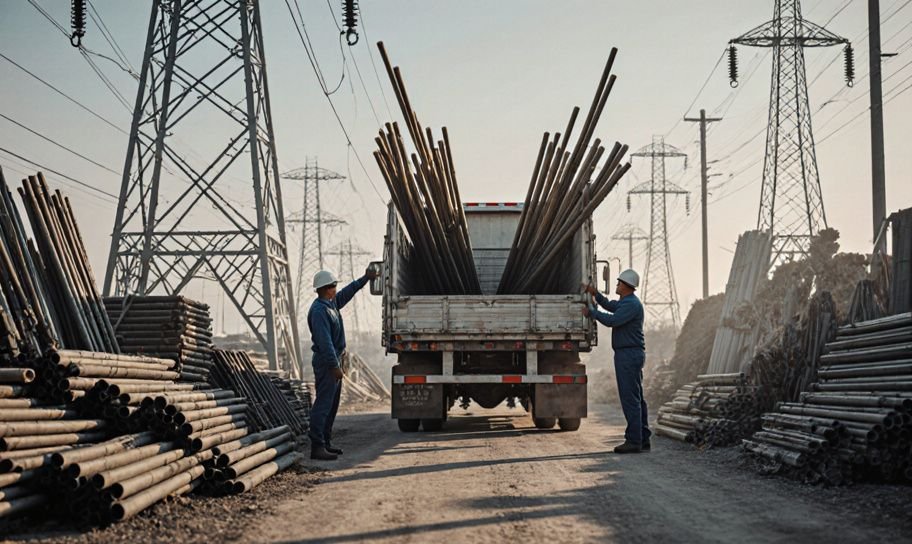
Recently, the Bombay High Court said no to a request from Abdul Saeed Abdul Razzak Shaikh, who was fighting against being fired from the Maharashtra State Electricity Distribution Company Ltd (MSEDCL) because of accusations that he stole electric poles.
Abdul Saeed worked as a Sub-Engineer at MSEDCL in Dhule. He was in charge of managing electric poles and other materials. Problems started when materials were reportedly taken out without the right paperwork, like permission slips, while he was on the job.
The main problem came up when 15 electric poles were supposedly sent out without the right paperwork. Abdul said he was just following orders from his bosses, Mr. G.K. Garge and Mr. B.S. Pagar. He said he was forced to confess to sending out the poles without the right papers.
"I was just doing what my bosses told me to do," Abdul said.
After being accused of stealing, Abdul was suspended and then fired on May 26, 1995. He tried to fight this decision several times, but both the first and second levels of appeal said the firing was fair. Abdul was also charged in criminal court but was found not guilty in both cases.
Even though he was not guilty in criminal court, the internal investigation found him guilty based on statements from 11 witnesses, compared to only four in the criminal trial.
The court, with Justices R.G. Avachat and Abasaheb D. Shinde, said that Abdul's involvement in the investigation without complaining about his bosses being there as company representatives made his case weaker. The court pointed out that the rules for proving something in a work investigation are different from those in a criminal trial.
"In work investigations, things just need to be more likely than not," the judgment explained.
The court decided that firing Abdul was fair and turned down his request. The judges stressed the need for honesty and trust in work relationships, especially in public service jobs.
In short, the court's decision shows how important it is to follow the rules and highlights the differences between work investigations and criminal trials.